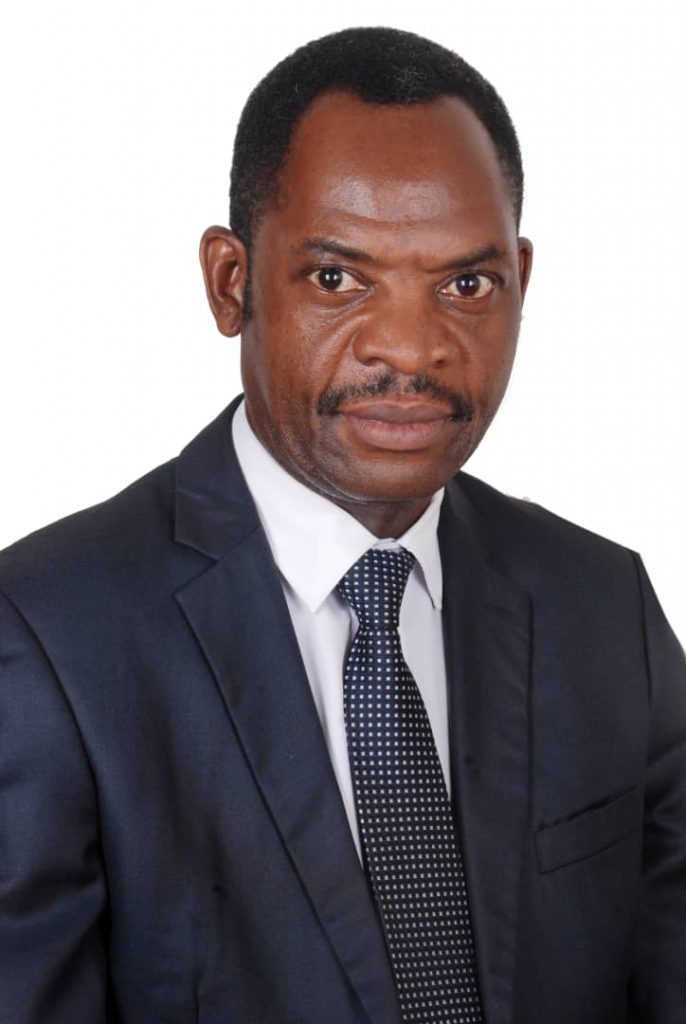
Renewable and clean energy in its different forms has become a necessity in today’s developing world. One of the key indicators for development in any country or region is access to affordable and clean energy and has also been included among the global Sustainable Development Goals, at number seven (7).
Despite provision of affordable modern energy and energy services being highly regarded as catalysts for economic development, improving people’s livelihoods, and promoting sustainable development, it has been noted that access to modern energy and energy services is limited in many developing countries. An estimated 1.3 billion people, approximately one-fifth of the world’s population, lack access to electricity at home and the vast majority of these people live in rural areas of Sub-Saharan Africa and South Asia.
In Uganda similarly, we have one of the lowest per capita electricity consumption rates in the world with 215 kWh per capita per year (Sub-Saharan Africa’s average: 552 kWh per capita, World average: 2,975 per capita). Generation capacity is dominated by hydropower, supported by heavy fuel oil and biomass cogeneration power plants, leaving out a vast population that is off-grid in terms of electricity distribution, whilst the electricity demand is growing at an annual rate of 10-12 per cent.
A question to ponder on is; could renewable sources be the biggest change factor for this need considering Uganda is richly endowed with renewable energy resources for energy production? The fairly well-distributed energy resources in the country including; hydropower, biomass, solar, geothermal, peat, and fossil fuels. Biomass is the predominant type of energy and accounts for 94% of the total energy consumption in the country, followed by Hydropower, Solar, Wind, and Geothermal. These, although affordable, the initial cost of acquiring equipment and installation or connection is high, which explains why the biggest part of our population is still living in darkness and using traditional methods for lighting especially kerosene or candles.
Centenary Bank, through its CenteSolar Loan, Power Connection Loan, and Improved Institutional Cooking Stoves, aims to provide short term financing for the purchase of solar equipment and electricity installations for residential and commercial premises at affordable interest rates.
This financing may go for as low as 15% per annum and for a period of a maximum of 5 years with flexible payment installments.
To be able to afford the initial cost of acquiring renewable and safe energy, there is need for access to affordable and flexible financing opportunities as an important means to facilitate the purchase of equipment and pay for installation, connection, and maintenance services. Opportunities as above are made possible by government of Uganda through foreign funding and technical assistance from the Uganda Rural Electrification Agency and Uganda (REA) Energy Credit Capitalization Company, which work closely with different financial institutions like Centenary Bank to design specific Renewable Energy Loan Products to mitigate this problem.
These solutions are meant to improve the living conditions of the population that is off-grid with hydropower electricity and also families that are unable to meet the high taxable monthly electricity bills that are required to sustain the electrification of their premises, making solar and others the next best alternative. Solar power provides the much needed light for the rural micro-enterprises and homes hence providing longer hours for business and home activities like studying. It also improves access to information in rural areas through mobile phones, chargeable radios, and television as well as safety by reducing fire incidents and respiratory illnesses that are due to smoke inhalation from using firewood or kerosene stoves for lighting.
Therefore, investing and wide deployment in alternative sources of energy will go a long way in solving the long-term energy needs of the country, particularly focusing on solar, wind, geothermal and biomass. Equally important, access to affordable financing needs for the low-income masses is essential to leading Uganda towards a fully electrified nation for its citizens.
Writer: Mr. Abdul Kyanika Nsibambi, Manager Housing and Salary Business at Centenary Bank. Email; Abdul.kyanikaNsibambi@centenarybank.co.ug
